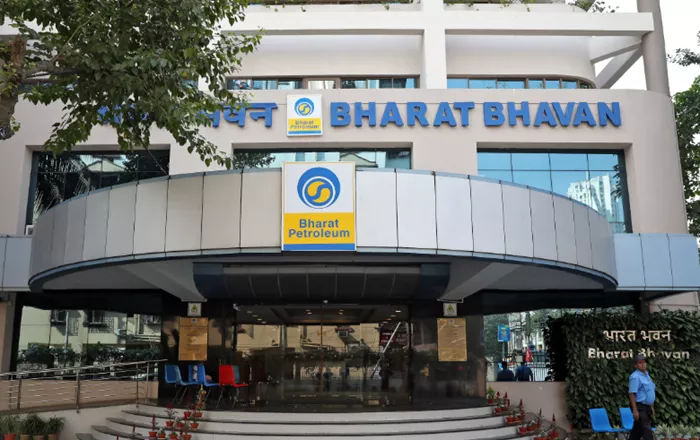In a recent interview, Vetsa Ramakrishna Gupta, the Chief Financial Officer of Bharat Petroleum Corporation Limited (BPCL), revealed that the Indian state-run refiner has turned to Middle Eastern crude oil to offset the reduction in available Russian oil. This shift comes as Indian refiners face challenges in securing the 8-10 million barrels of Russian crude typically accessible for January loading.
Reports earlier this month indicated that Indian state-owned refiners, who traditionally procure Russian oil from the spot market rather than through long-term contracts, are struggling to source the quantities they had come to rely on. This marks a significant change from previous years when Russian oil had been readily available due to the country’s status as a major supplier to India.
The disruption in Russian oil supplies stems from the ongoing fallout of Russia’s invasion of Ukraine in 2022, which led to sanctions and a European Union ban on purchasing Russian crude. As a result, India has become one of the largest customers of Russian seaborne oil, with more than one-third of its energy imports now sourced from the country, capitalizing on discounted prices amid the geopolitical turmoil.
In an exclusive interview on December 26, Gupta clarified that BPCL does not rely solely on the spot market for its Russian oil purchases. He explained that the company’s three refineries, which together have a combined processing capacity of 706,000 barrels per day (bpd), typically process around 35% to 37% of their crude oil from Russian sources, though these supplies are now increasingly difficult to secure.
BPCL’s pivot to Middle Eastern crude is seen as a necessary response to the tightening global supply of cheaper Russian oil, highlighting the shifting dynamics in the global oil market as India continues to navigate the challenges of securing affordable energy resources amidst ongoing international sanctions.

